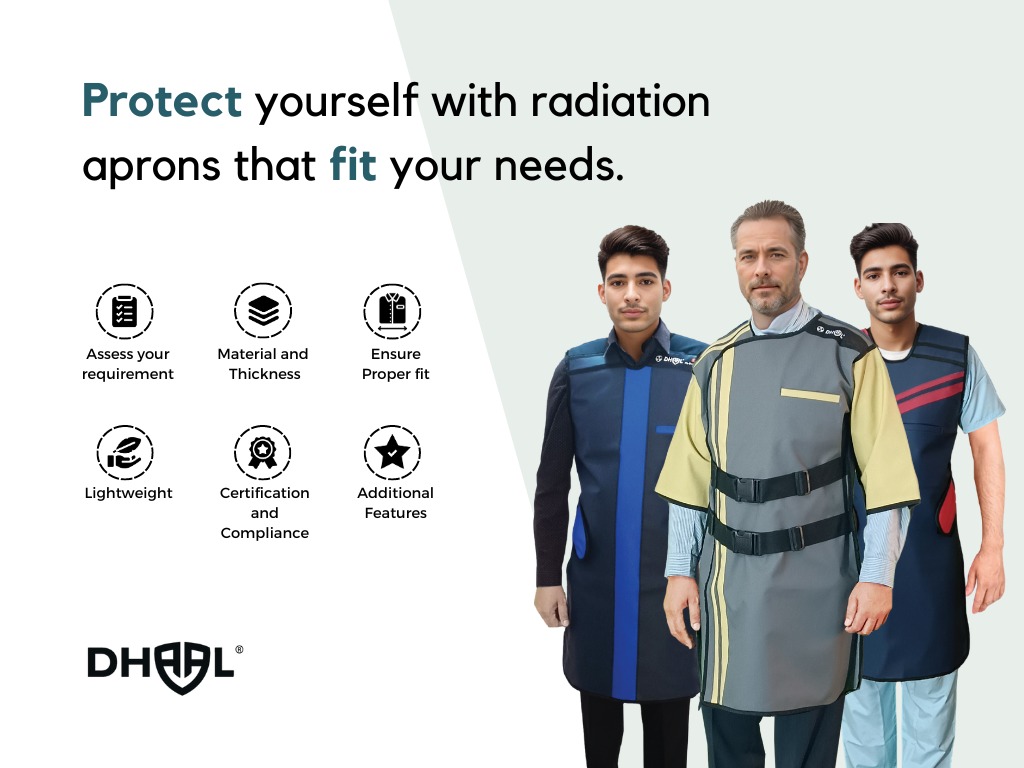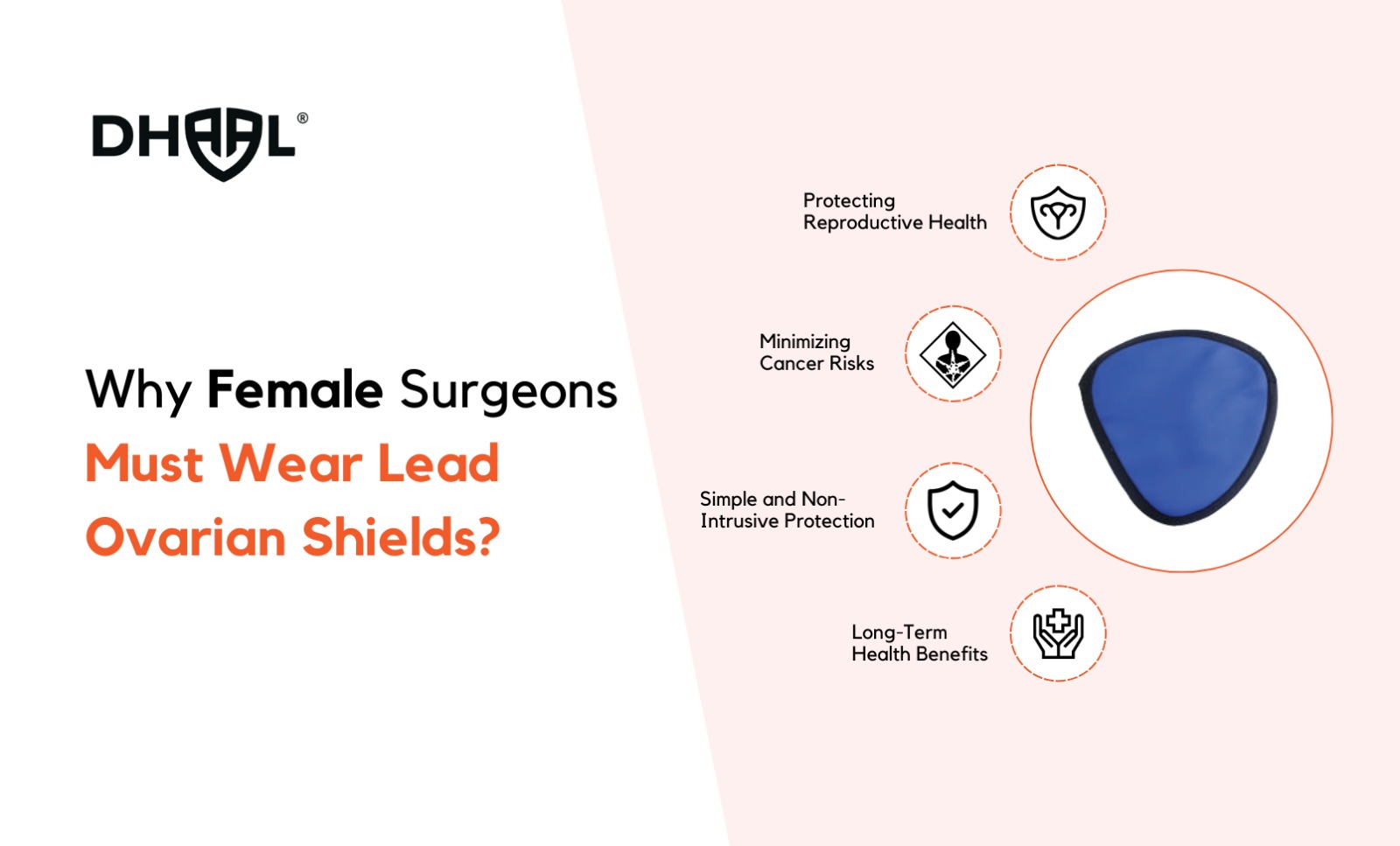
Lead aprons are commonly used as personal protective equipment (PPE) to protect healthcare workers from ionizing radiation exposure during medical procedures. The aprons are made of lead, which is a dense metal that can absorb ionizing radiation.
When ionizing radiation passes through matter, it can ionize the atoms and molecules in the material, which can damage cells and tissues in the body. However, lead has a high atomic number and density, which means that it can effectively stop ionizing radiation from passing through the material.
When a healthcare worker wears a lead apron, the lead in the apron absorbs the ionizing radiation, preventing it from passing through and reaching the worker’s body. This helps to minimize the worker’s exposure to radiation and reduce the risk of harm.
It’s important to note that while lead aprons can be effective in reducing radiation exposure, they should be used in combination with other protective measures, such as maintaining a safe distance from the radiation source and minimizing exposure time. Additionally, the apron should be regularly inspected for any signs of wear or damage and replaced as needed to ensure it provides adequate protection.



